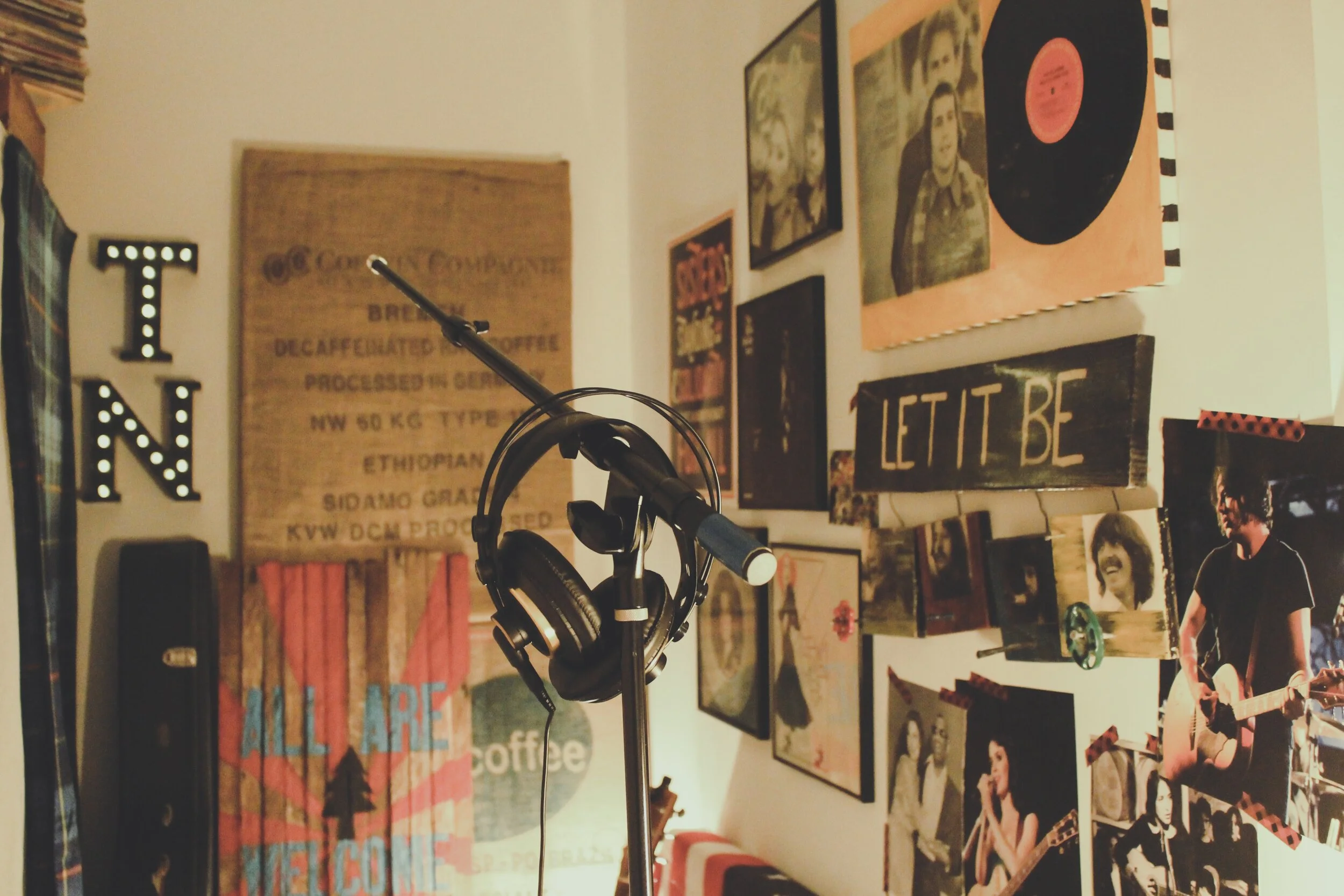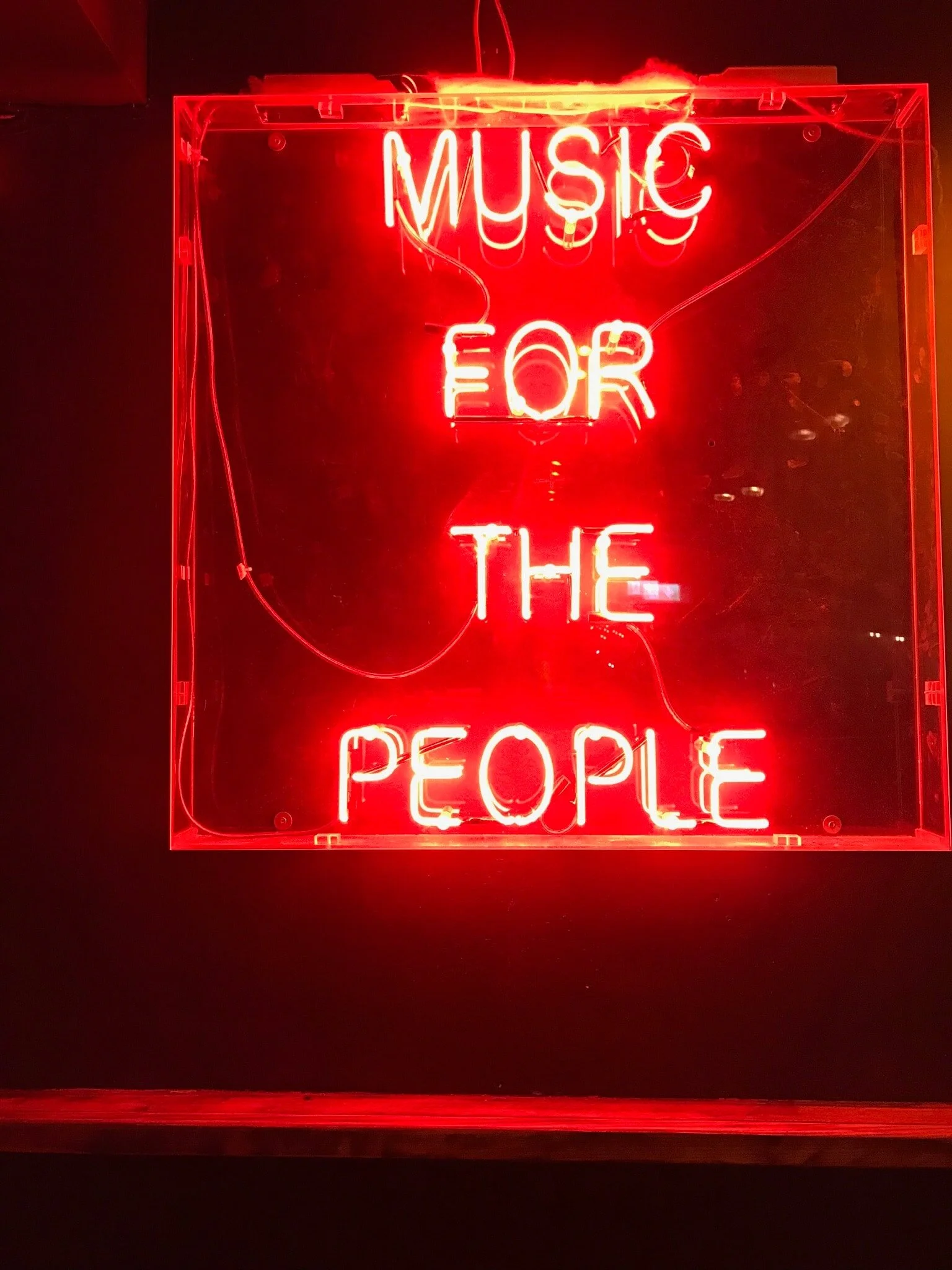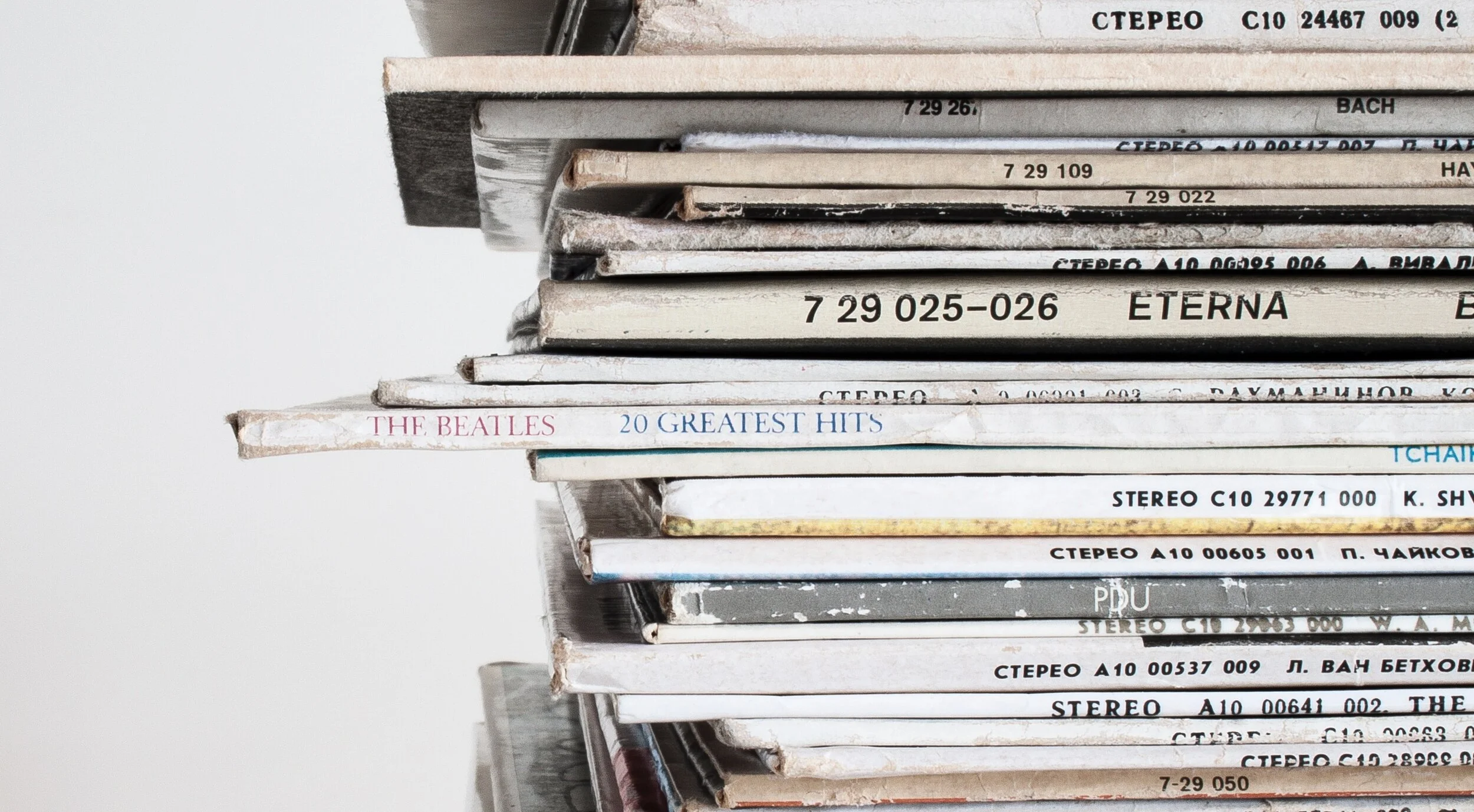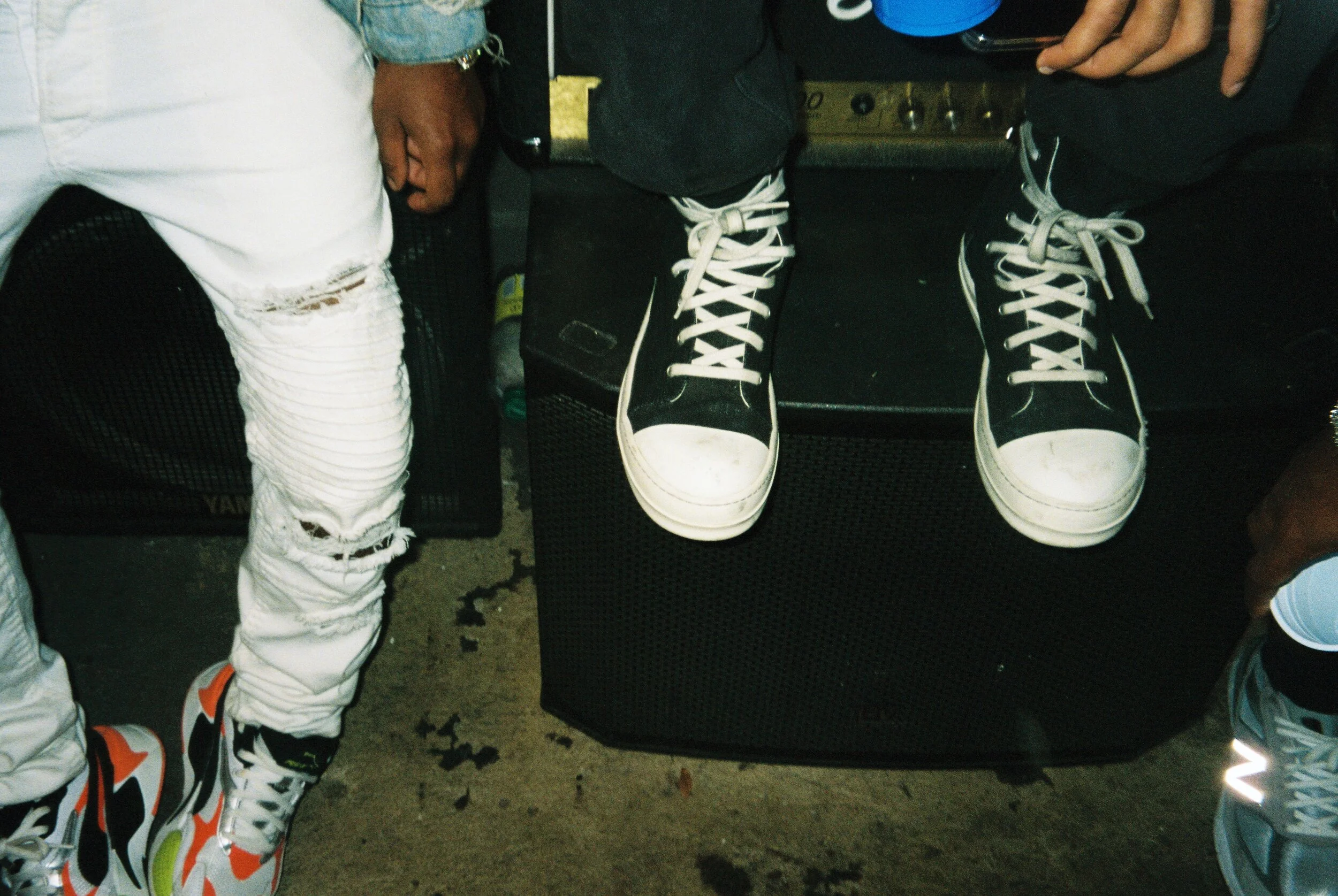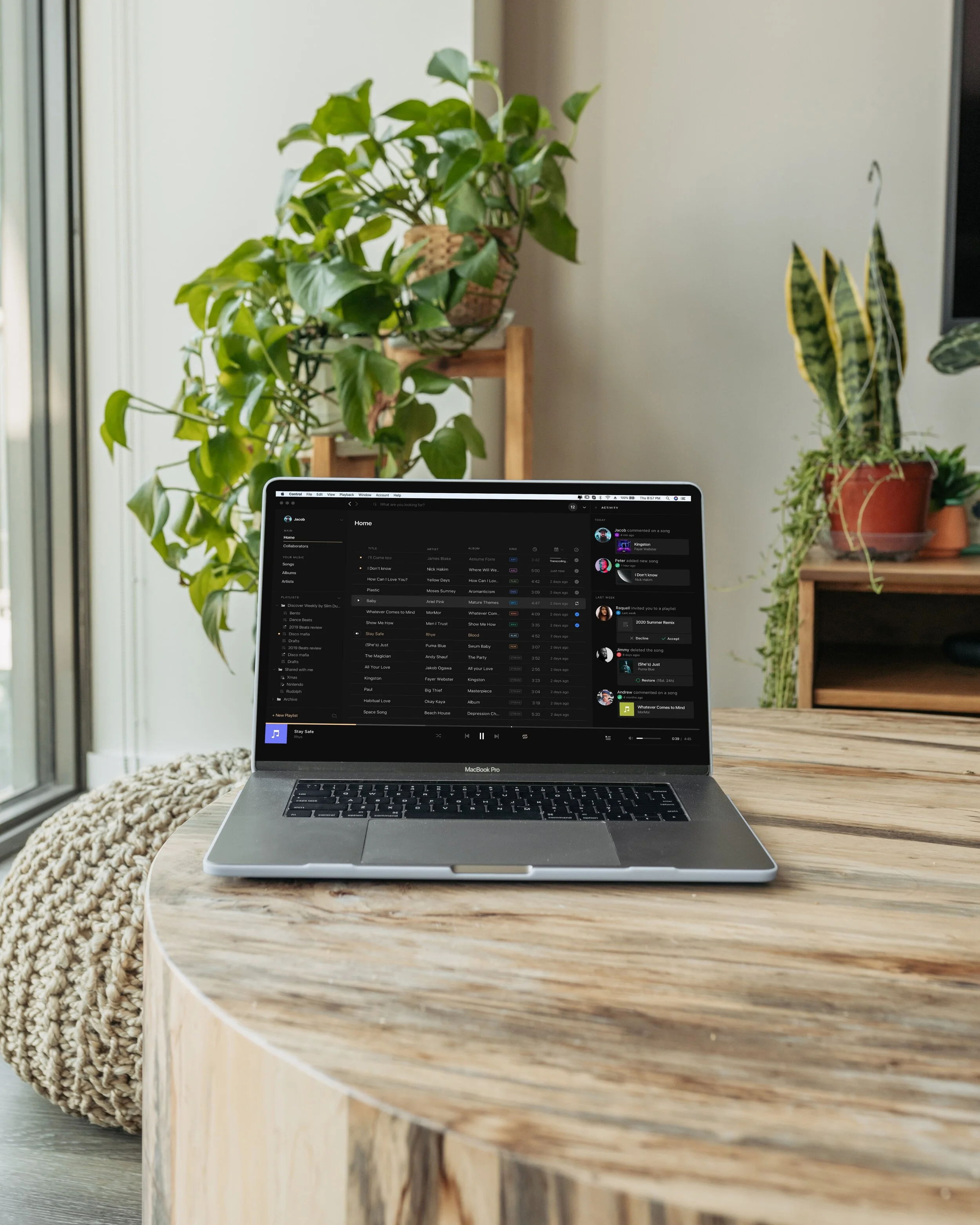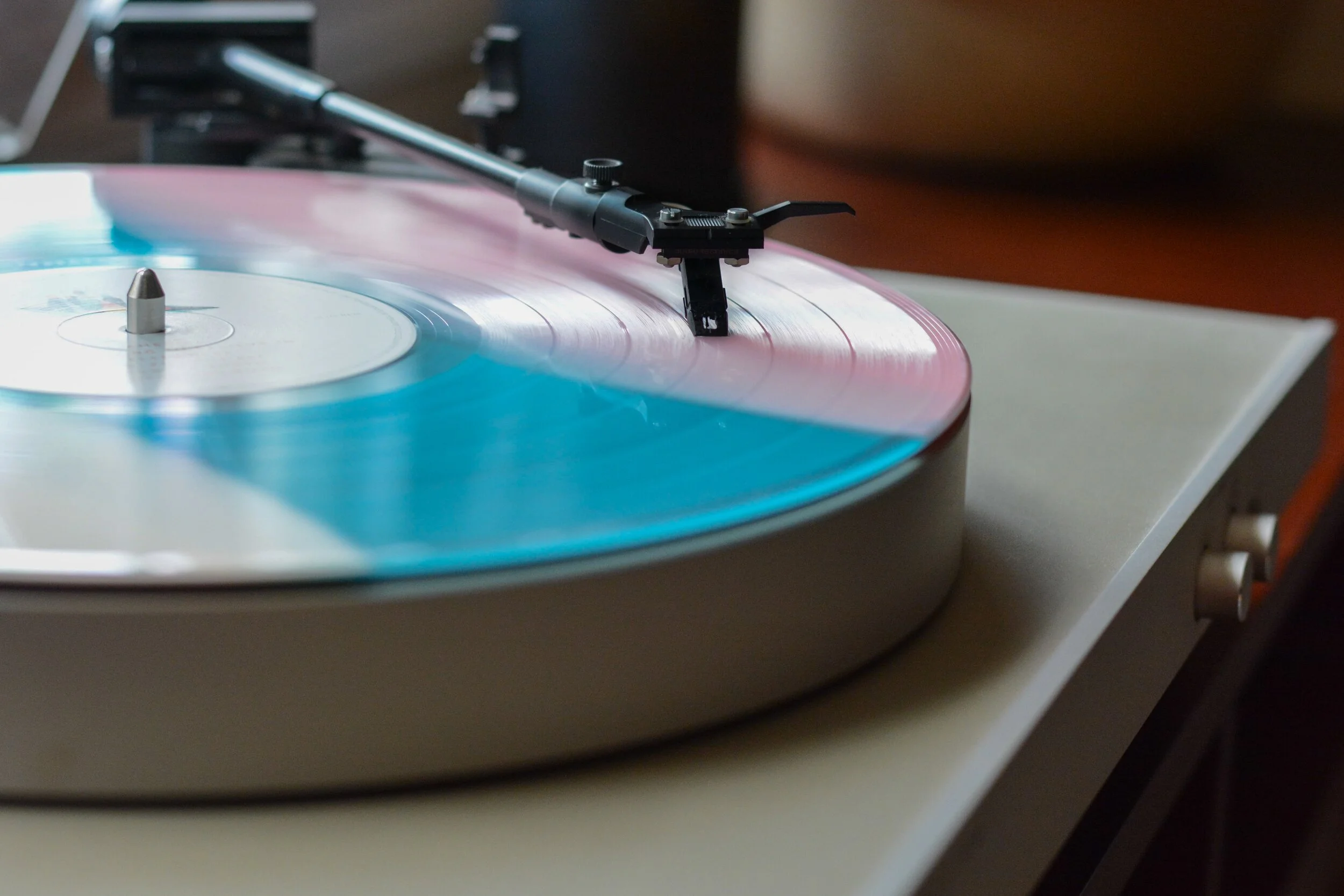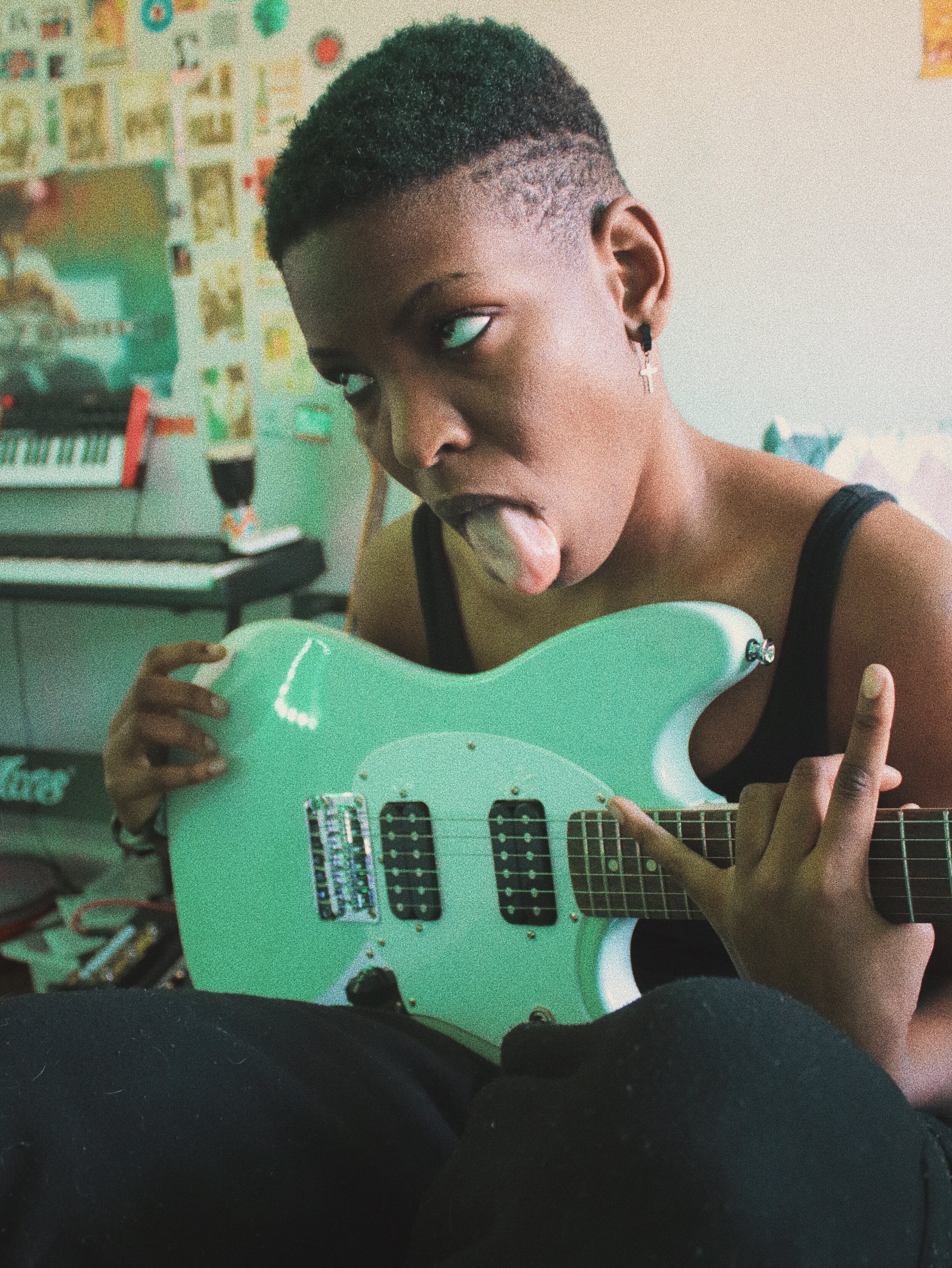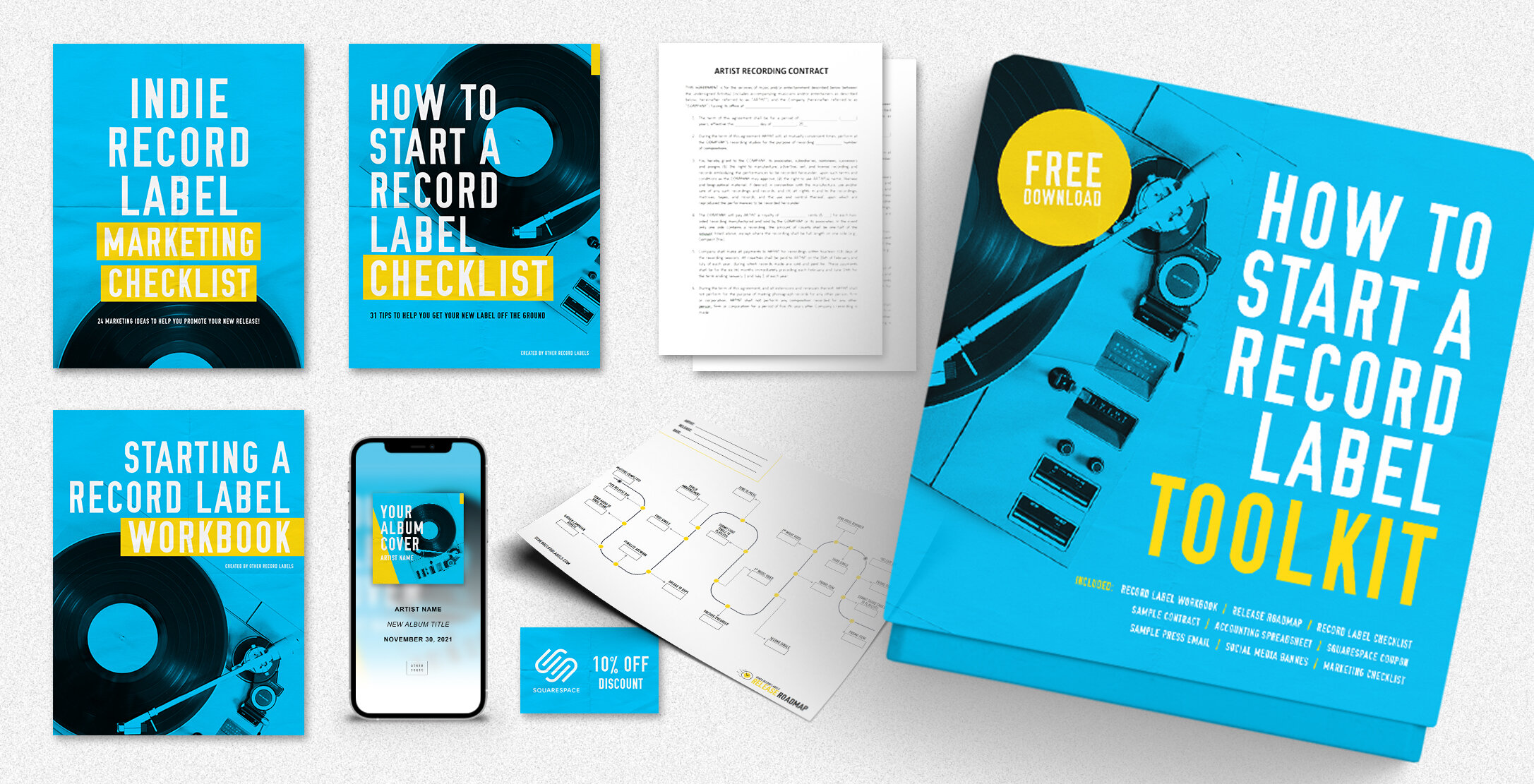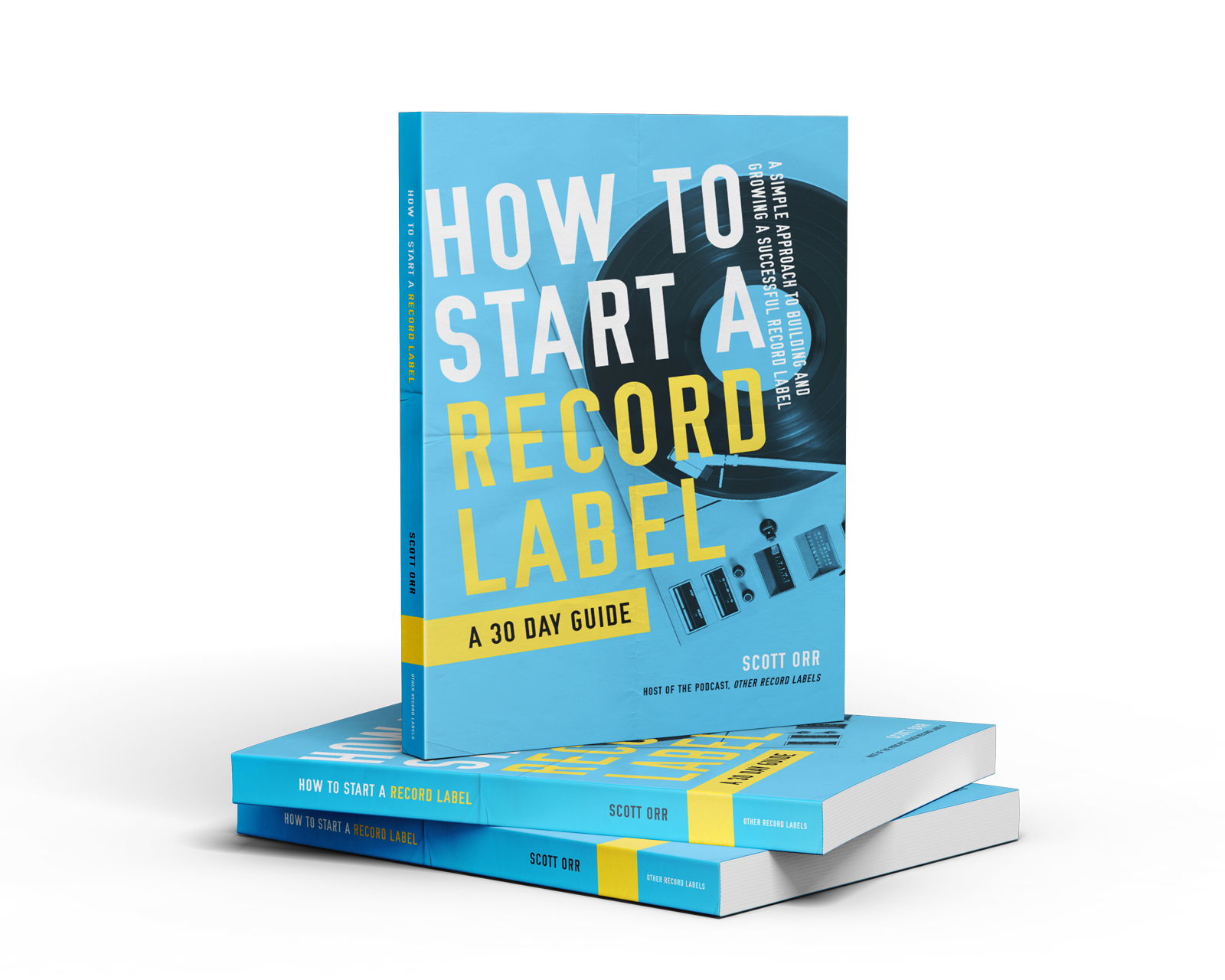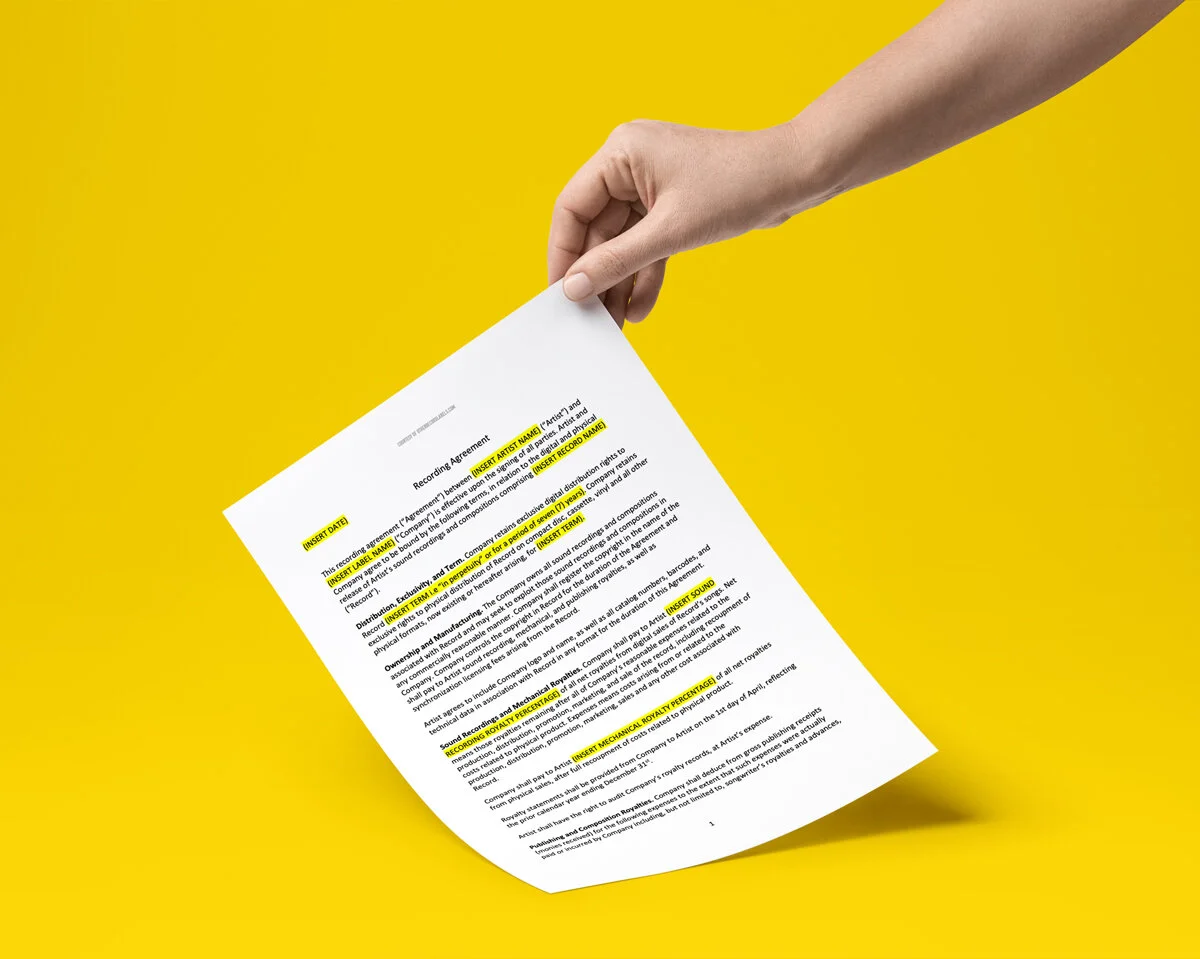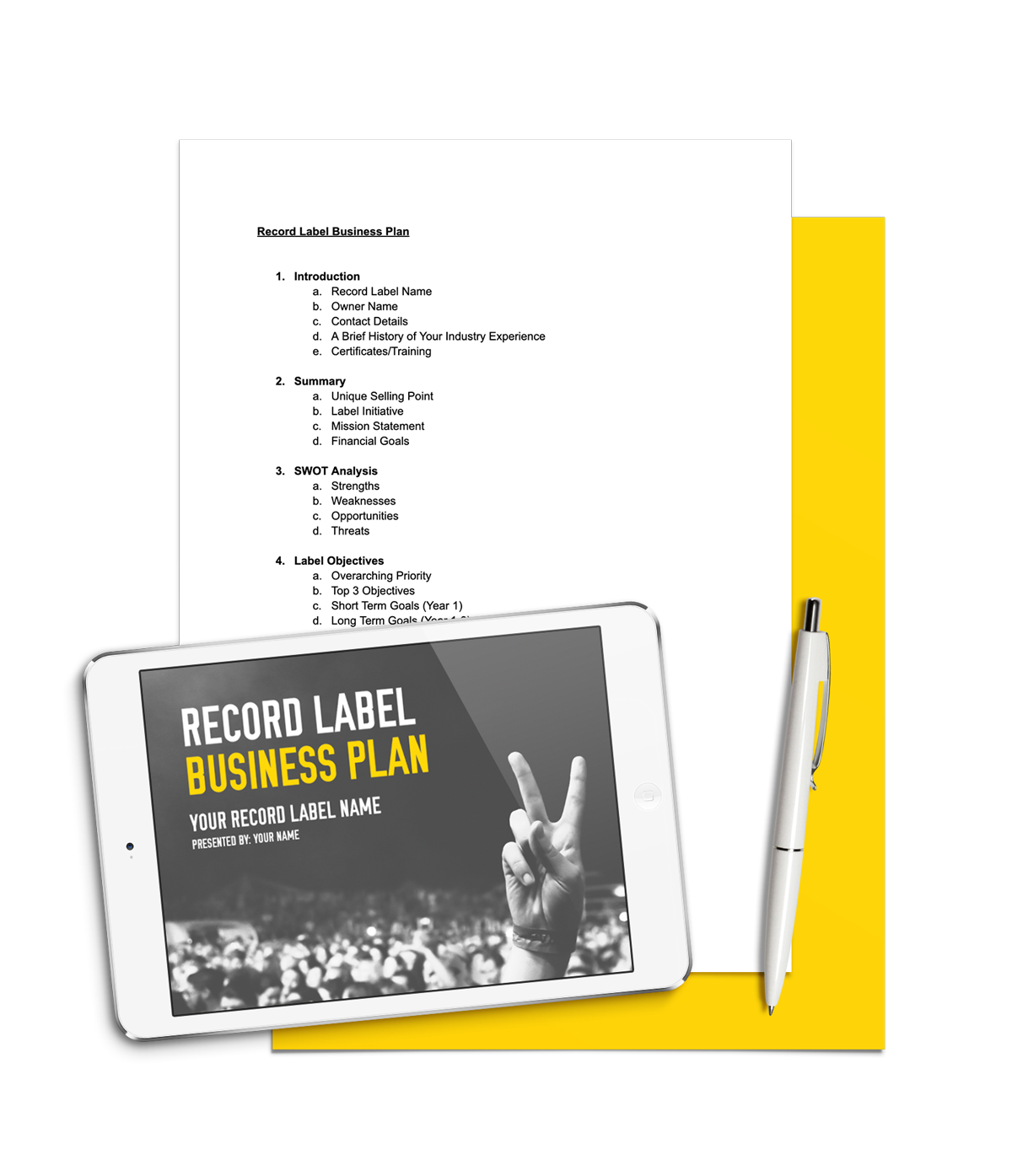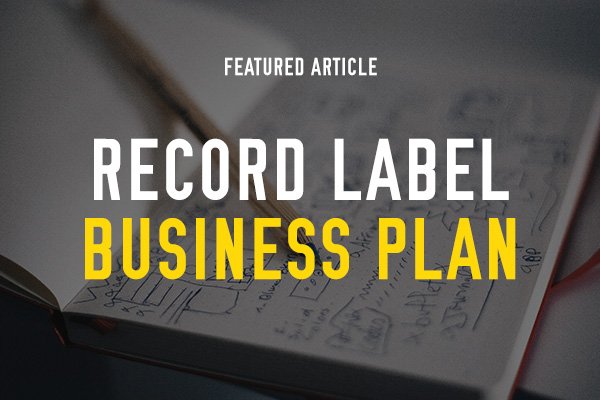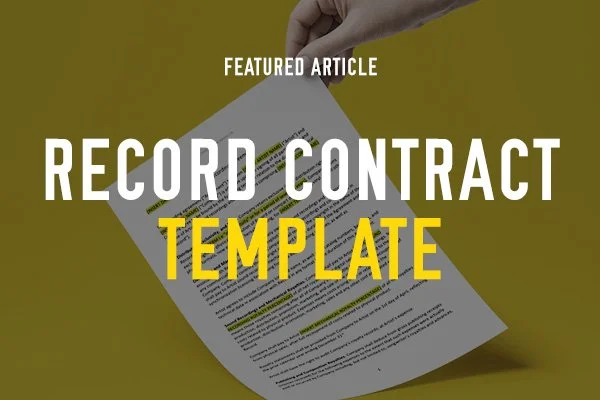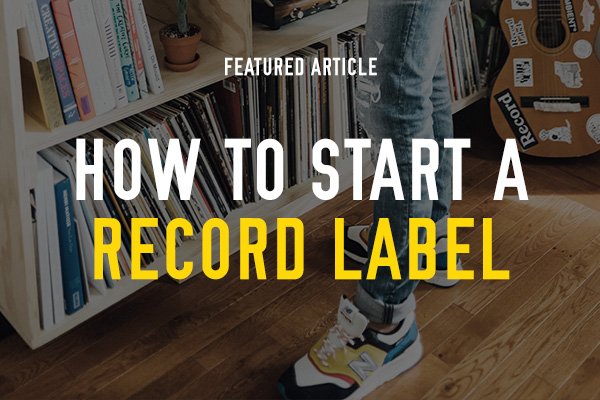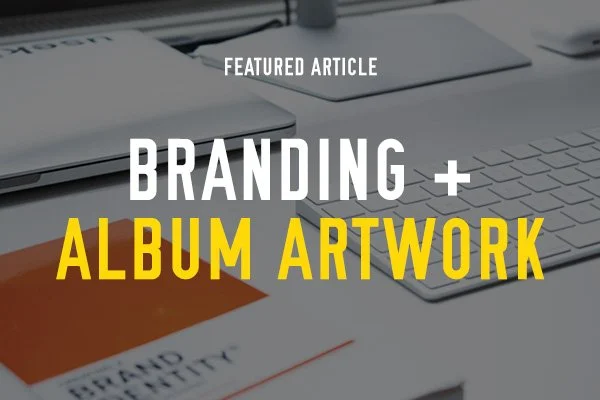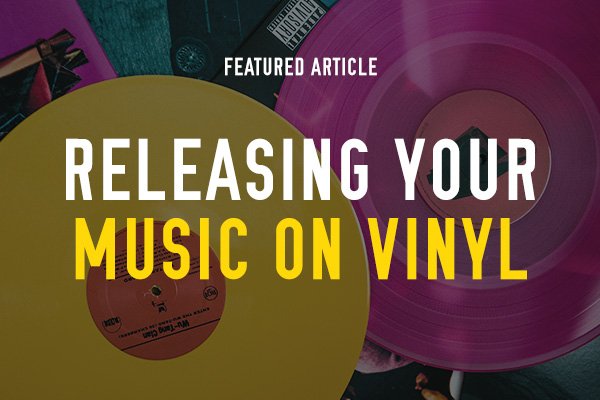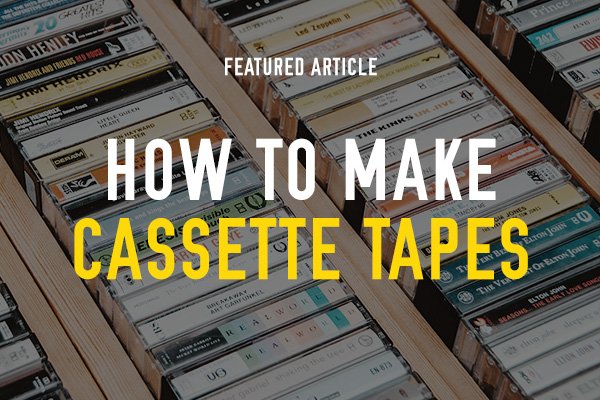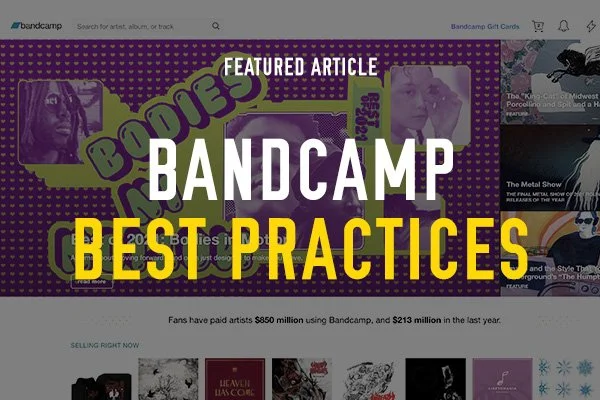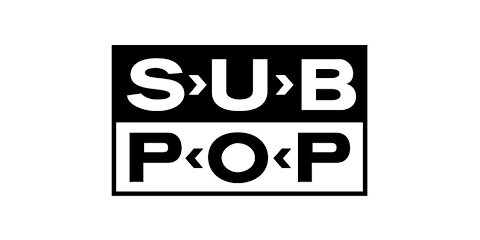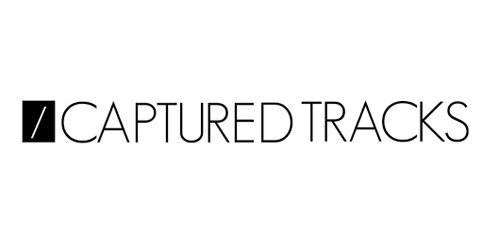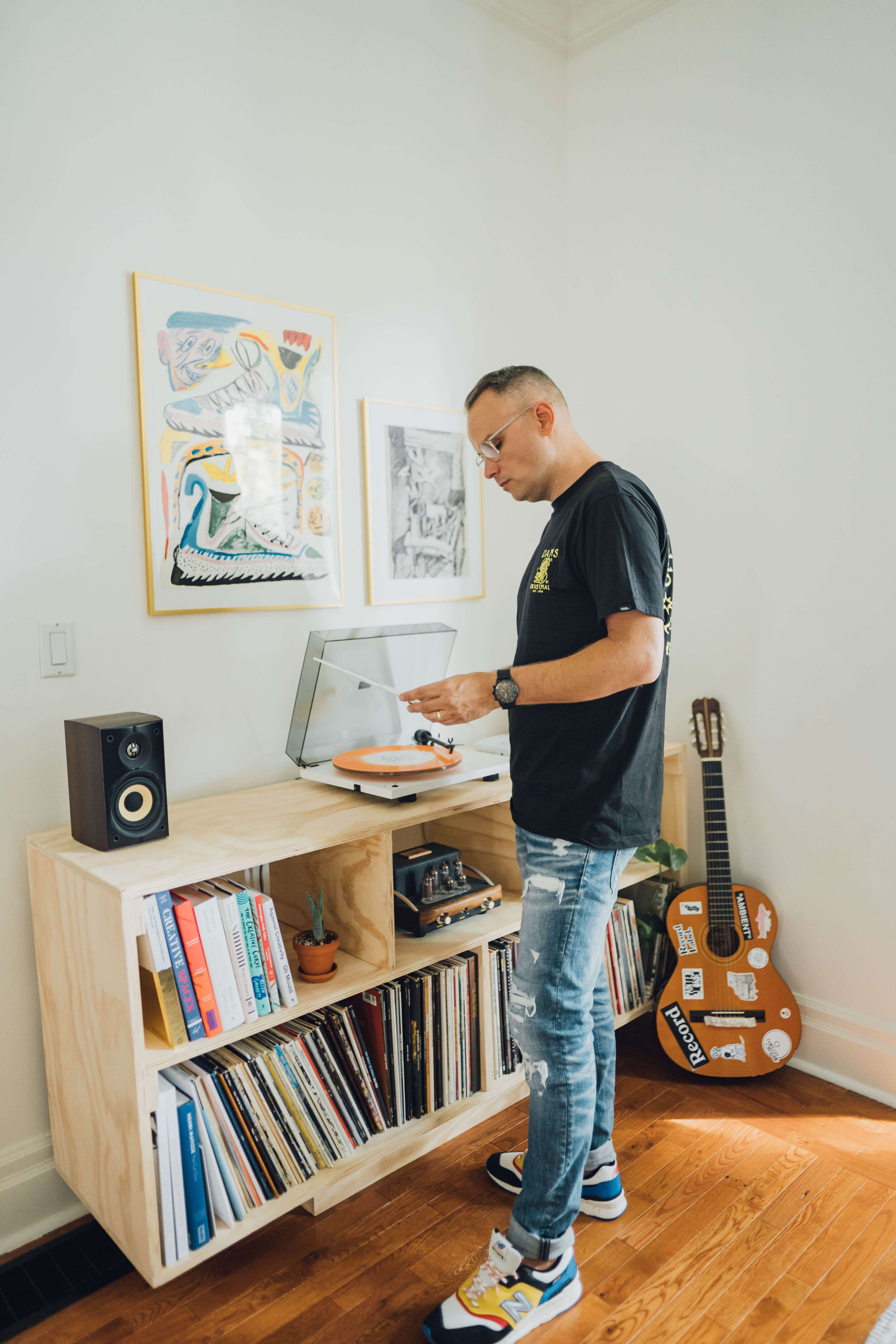
How to Start a Record Label
The Ultimate 2025 Guide
Free templates, checklists, royalty accounting, recording contracts, and expert advice on how to build, launch, and grow a successful music label.
10 Steps to Starting Your Record Label
1. Picking a Record Label Name
Don’t overthink this step! Your goal is to create an innovative and sustainable record label. The name isn’t important, certainly not as important as you might think. What is more important is that you find a name that looks good, is available to use, and that represents the intended aesthetic of the label. Then you move on. Don’t send out surveys or workshop twenty different options with your friends and family. Pick something meaningful, silly, or straightforward.
Make sure you check the username you pick on social media platforms and see if the URL you want is available.
It’s also a good idea to test out your new name on a sample logo, t-shirts, and record labels just to see how it looks in the real world!
2. Defining Your Label’s Goals
Clearly defining your destination will help you know if you are on the right path. How will you know if your label is on target if you haven’t given yourself something to aim for? When starting a record label, it is critical to identify what you hope to accomplish. This can be easily accomplished by writing out your goals on a piece of paper (or a shared Google document) and checking in on your progress periodically throughout the year.
Take a moment to define your “why” — outline what drives you internally.
Create some yearly goals that are tangible and doable! It is also important to create some implicit goals like how you want your label to reflect your values, how you hope to make an impact in your community, etc.
3. Defining Your Label’s Audience
It may be harsh to think of listeners as “targets” but it is important when trying to best aim your promotional efforts.
Pressing expensive vinyl variants or paying for Facebook ads without a targeted audience can be a waste of time, money, and effort. Instead, you should start your marketing campaigns by clearly defining who your audience is, what they value, and where you can find them.
Ask yourself, what formats do they prefer? How do they find new music? And what other forms of culture are they interested in?
4. Create a Record Label Brand
Your brand is the visual representation of who you are as a record label. It can represent your core message and act as a cultural lighthouse, letting potential fans know that they’re in the right place.
We achieve this level of recognition through brand consistency, your brand messaging, logo, brand visuals (colors, fonts), and other company design elements repeatedly that help solidify brand recognition with your audience.
The vibe of your brand can be expressed not only through the music you release, but through your label merchandise, social media messaging, and online banners.
A motto or tagline can also help you get started, something that expresses your identity, and that signals to other like-minded music fans…
5. Signing New Artists
“A&R” stands for Artist and Repertoire. It is a term from a bygone era in the recording industry... An employee from the record label would facilitate finding songs for their artists to perform and record. These “A&R reps” would help manage the artists’ repertoire.
Today, the term is used more informally to represent the general relationship between a record label and its artists.
At first, it’s a good idea to use your friends as a guinea pig artist/band. Consider using an artist that would be more forgiving and/or who understands that this is your first foray into running a record label.
To discover new artists, search Spotify for independent artists, conduct deep dives into Bandcamp’s catalog, or put out an open call for submissions on your Instagram account.
6. Signing a Recording Contract
I’m not a lawyer. So it’s a good idea to hire one. Look for a music attorney who has artist-friendly rates and who has experience in the music industry.
You can download a free copy of my recording contract template that I had a lawyer draw up for us to use. But if you need a more detailed and specific contract, you’ll need to hire your own lawyer.
Make sure you clearly talk with your artist ahead of time and try to fully understand their expectations. They will not be as educated on how the music industry works, so be patient and make sure they are 100% comfortable.
7. Manage Your Label’s Royalties
The accounting of artist royalties can be an intimidating process, but the more you prepare and create a system for yourself, the more successful you will be at accurately keeping track of everything!
The most common splits in the indie music community is 50/50. Paying your artists in such a way that is reliable and transparent is more important than how often you pay them. Having said that, most labels report their royalties quarterly. If an artist is very popular and earning a lot of money, you may want to consider reporting monthly.
You can download a free royalties spreadsheet from our record label toolkit or you can use software to help you manage your royalties.
8. Building an Album Campaign
To give an album the proper release campaign it deserves, you need to be organized and intentional with how you release everything. Organizing and strategizing your album release campaign is the first step towards building a sustainable career for the artist and bringing in revenue for your record label.
Make sure you establish a realistic timeline. This can be done as early as in the recording stage. Pick an ideal release date and move back from there, identifying everything you need to accomplish before the album’s release date.
Keep all of your promotional assets collected in a centralized location (Dropbox, etc), including press photos, a bio, mp3s, album artwork, etc.
Your campaign is not over once the album is out in the world. Start the process over again by creating a new timeline and developing promotional assets that you and the artist can utilize to promote the album in the weeks and months after release day.
9. Picking a Digital Distributor
Distributing our releases to digital platforms (iTunes, Spotify, Tidal, Bandcamp, etc) is easier than ever. The gatekeepers of old are (mostly) gone and digital distribution has become more democratized. Having said that, you can’t upload directly to Spotify, AppleMusic, etc. Instead, you need to upload through a digital aggregator like CDBaby, DistroKid, or Tunecore.
While these services aren’t free (some take a percentage of sales while others charge an annual fee), they make it easy by handling a lot of the ingestion process to ensure that our music gets properly tagged and distributed across all of the current DSPs (Digital Service Providers).
Don’t forget that Bandcamp is a (essentially) free platform for digital distribution.
10. Record Manufacturing
The process of manufacturing physical units of your releases can be costly, time-consuming, and confusing. However, these uncertainties shouldn’t deter you from bringing your releases to life.
A person’s record collection defines who they are and what they value. Therefore, record labels should aim to offer a variety of ways for fans to support the artists they love.
Due to the long timelines and backlogs in manufacturing, and the possibility that something can go wrong, make sure you give yourself ample lead-time to manufacture records, tapes, merchandise, or CDs!
Also, hire a great graphic designer because most a lot of production delays originate with design mistakes…
BONUS: Ask for Advice
“Going it alone” is a mistake. The globalization of communication has made learning from record labels of all sizes easier than ever before. Thankfully, most record labels are glad to offer up-and-coming labels advice and guidance. There is so much we can learn by observing and conversing with the record labels we admire.
Support can also come from other members of the music industry. Contact your sales rep at the local vinyl pressing plant, reach out to your college radio program manager, or talk to your local record store owner about sales and distribution.
Email your favorite record label and ask for advice on how to start your own record label. Spend time in record label communities online and follow the labels you admire on social media.
Free Record Label Toolkit
Resources and tools to help you quickly and creatively launch your new label…
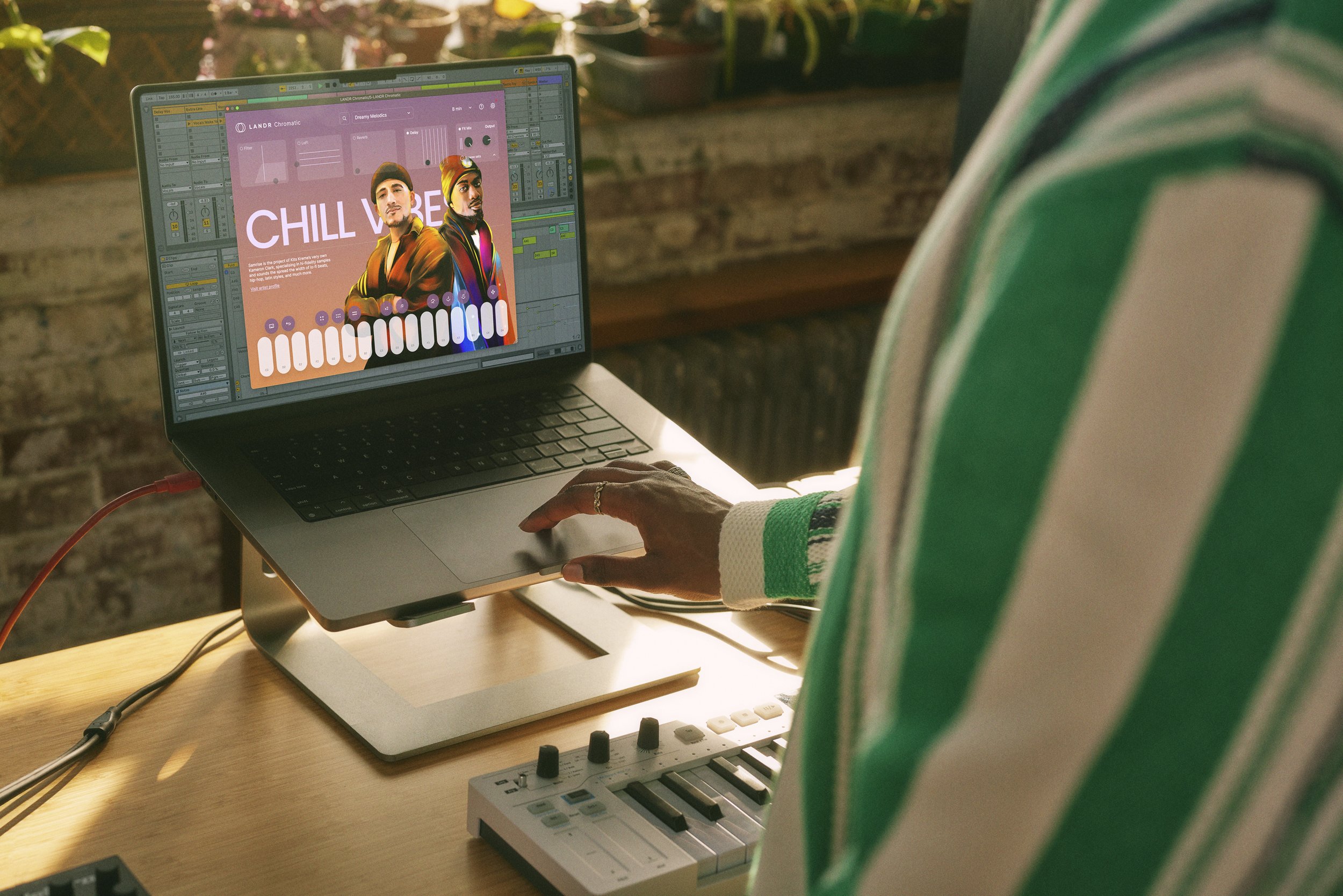
The Official Digital Distributor of Other Record Labels
LANDR
Why Indie Labels Matter More Than Ever
While major labels have long dominated the music industry with their deep pockets and powerful influence, the tides have shifted. Today, independent record labels are thriving—not in spite of their size, but because of it.
With a nimble, hands-on approach, indie labels are creating meaningful change and offering artists something that major labels simply can’t.
Here are five key ways indie labels shine:
1. They Show Up in Person
Indie label owners are often on the ground—at shows, in the studio, and in constant communication with their artists. This hands-on presence fosters a level of trust and collaboration that’s rare in the corporate world of major labels. More than just business partners, indie label owners often serve as mentors, creative collaborators, and even friends. That human connection? It makes all the difference, especially when it comes to supporting an artist’s mental health and overall well-being.
2. They Can Make “Bad” Business Decisions (On Purpose)
Major labels answer to shareholders and boardrooms. Indie labels answer to their gut. This freedom allows indie labels to prioritize creativity and artist development over bottom lines. Whether it’s offering a generous contract, taking a chance on a niche artist, or experimenting with a wild new business model, indie labels are free to take risks—because sometimes, the “worst” business decisions are the ones that make the biggest impact.
3. They Build Real Communities
Being part of an indie label often means being part of a family. These labels foster a sense of community that major labels—with their massive, disconnected rosters—simply can’t replicate. Indie artists collaborate, support one another, and often share fans, creating a grassroots ecosystem where everyone benefits. It’s about more than just music; it’s about belonging.
4. They Innovate Out of Necessity
With fewer resources, indie labels don’t just have the freedom to innovate—they have to. That urgency drives them to stay ahead of trends, take creative risks, and embrace new technologies and platforms before the majors catch on. Indie labels are the ones pushing genre boundaries, spotlighting underrepresented voices, and reinventing what it means to run a label in the 21st century.
5. They Lead with Generosity
Without pressure from corporate shareholders, indie labels can operate with a sense of purpose and generosity. That might mean offering fans free downloads or merch giveaways, or giving artists shorter, fairer contracts with transparent accounting. Some indie labels even run as non-profits, using their platform to support social causes and make a broader impact.
Everything You Need
to Build a Record Label
Starting a Record Label: Made Simple.
Courses
Expert knowledge with step-by-step lessons on starting, managing, and growing a successful record label. From marketing strategies to profitability essentials.
Books
Dive deep into industry insights with our curated books, packed with practical advice, proven strategies, and real-world examples to guide your label to success.
Templates
Save time and work smarter with templates for release planning, budgeting, marketing campaigns, and more—designed to streamline your workflow.
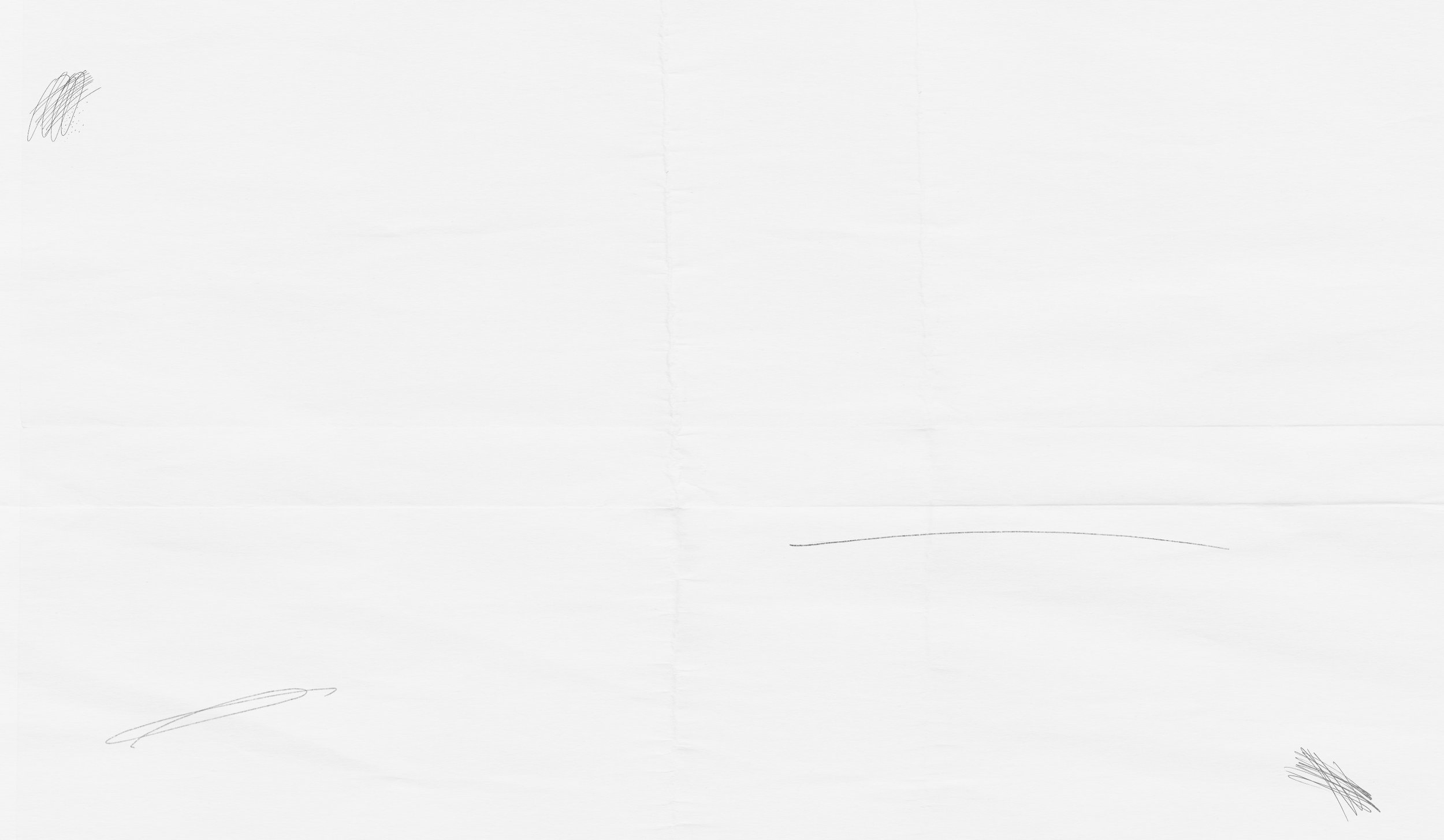


How to Start
a Record Label
The Complete Guide
In this workshop, I cover everything you need to know to start your own record label. Let’s get started!
Building a successful independent record label shouldn’t be a mystery.
I hope to provide you with as many amazing tools as possible to help you launch your new record label.
-Scott

Books
for Record Labels
Workbooks, productivity planners, micro-books and more!
A Free Guide for Record Labels
I’ve distilled a handful of my conversations with indie record label founders and created this free guide to help you navigate the world of record labels. Get a free PDF copy here.
A Free Record Label Contract Template
I asked a music attorney to draft up a recording contract template for our members to use with their label. However, you may want to consult with your own attorney if you wish to get one more customized... Get a free copy here
Download Record Label
Business Plan (Free)
How to start a record label? FAQs
How much does it cost to start a record label?
I suppose it’s possible to say that it can cost “nothing” but that would probably limit your marketing abilities and your distribution reach. A digital-only label releasing exclusively on Bandcamp can start a label for almost zero dollars assuming you have a logo. On the other end of the spectrum, if you had an endless budget you could give your artist a $10,000 advance, register your trademark for $2000, hire a music attorney for $1000 to draw up a contract, press a vinyl run of 300 records for $2500, and hire a publicist for another $2500. Somewhere in between is entirely up to you and your available budget.
How much does a label take from the artist?
Major labels have been known to take upwards of 90% of net sales. Mid-size independents royalty rates average between 50-75%. The most common royalty share amongst small indie labels is 50/50. You can even offer a more lopsided royalty in favor of your artist, something like 35% for the label and 65% for the artist. Check this out for some help with managing your record label’s royalties…
Can you recommend a lawyer, publicist, manufacturer, etc?
I often get asked about where to find vendors or reputable industry service providers. The best thing you can do is ask people you trust in the industry who they have used in the past. You can also find companies who have been previously hired by artists/labels you admire.
Also, I am compiling a list of hand-picked, trusted industry services that you can check out here…
How do I get my music on Spotify, AppleMusic, etc?
At the time of writing this, there isn’t any way to upload directly to one of these services. Instead, you have to use an aggregator like CDBaby, DistroKid, Ditto, Tunecore, etc. There are plenty of blogs online that will break down the pros and cons of those services. You can expect to pay a one-time fee per album/single or an annual fee to keep your music up online. The good thing about these services is that they will upload to all of the many DSPs (Digital Service Providers) across the globe, including any future DSPs that come to market.

Helpful Articles for Record Labels
Other Record Labels Podcast
Featuring interviews with…
